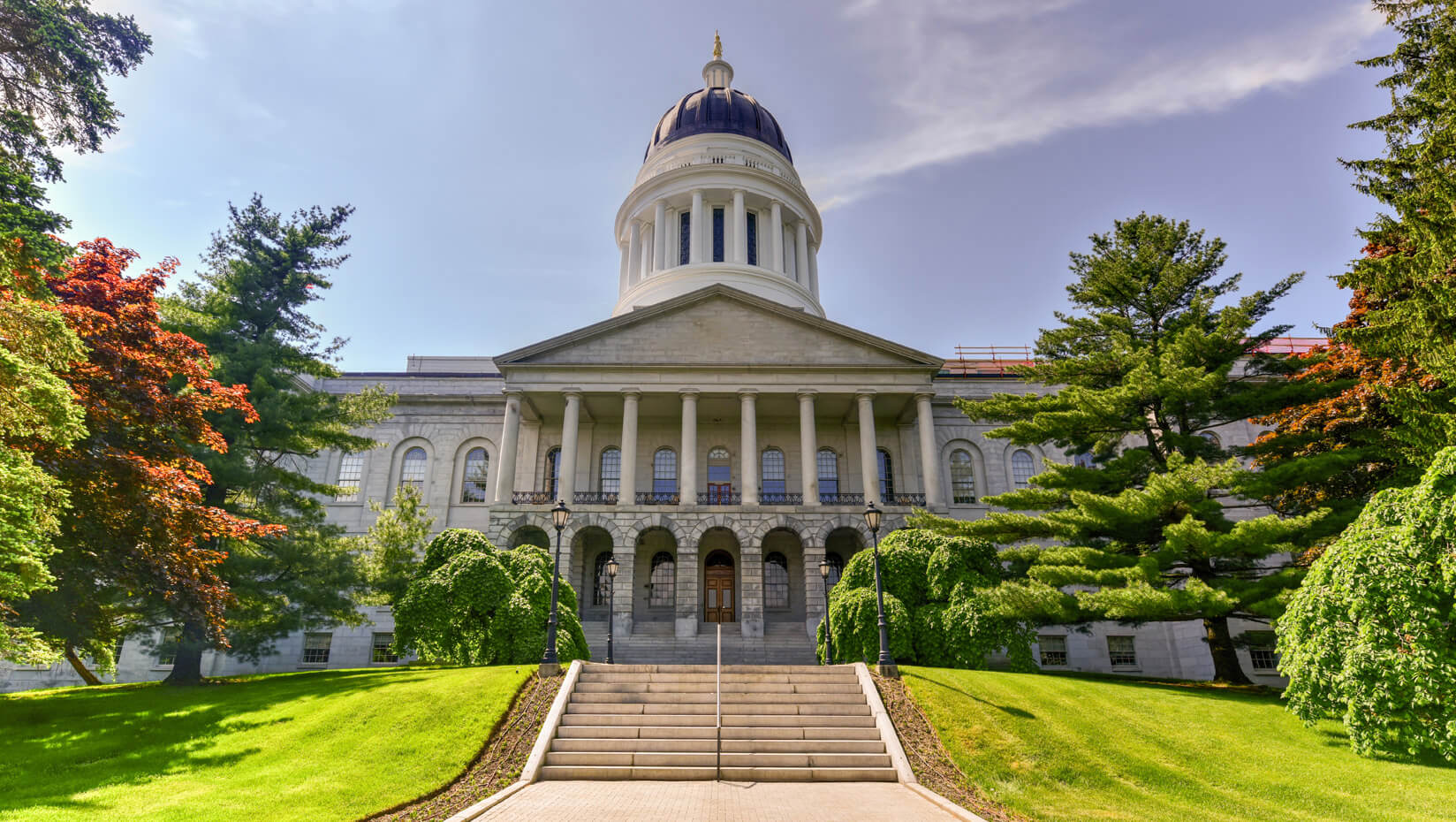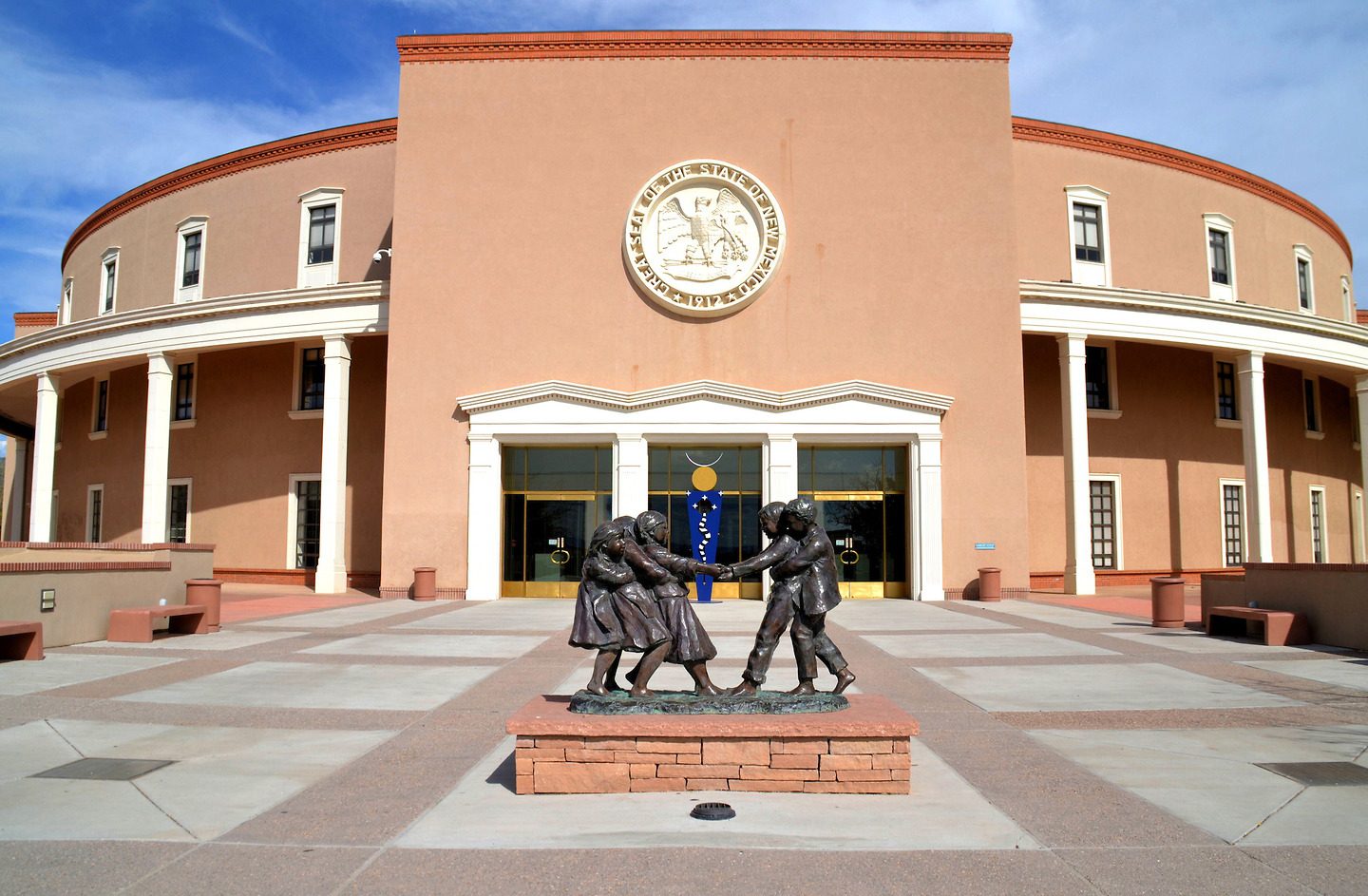Maine House approves plan to expand tribal sovereignty

The Maine House of Representatives has approved a proposal to expand the sovereignty of the state’s Native American tribes, who say their rights have eroded under a decades-old pact.
Legislation approved by the House of Representatives on Thursday would amend the 1980 Indian Land Claims Settlement Act to expand Wabanaki tribes’ sovereignty in their communities to give them more local authority over criminal justice, taxation and natural resources.
The measure passed on a largely party line vote of 81-55 with Republicans opposing it. It faces an uncertain path in the Senate and the possibility of a veto from Democratic Gov. Janet Mills, who opposes the proposed changes to the settlement act.
Supporters of the changes framed it as a question of fairness for the region’s indigenous people, arguing that the settlement act eroded rights to their ancestral lands.
“This bill is not just about the history of Maine, or our nation, but part of a global history of indigenous peoples’ right to preserve and protect themselves, their communities, their their culture and language and history from the repeated threats of genocide and forced assiliation,” state Rep. Rachel Talbot Ross, D-Portland, bill’s primary sponsor, said in remarks Thursday.
Many of the provisions in the legislation stem from a 2020 report by a legislative committee that called for restoring the Wabanaki nations much of their governmental jurisdiction over their reservation and trust lands.
During a hearing on the bill in February, Penobscot Indian Nation Chief Kirk Francis said the settlement act has “undermined our ability to provide services to our people, create an economy that benefits our community and those around us, and excluded us from many federal laws intended to benefit tribal nations.”
“We have watched out-of-state corporations come in and thrive by doing the very things that we should be able to do but for the settlement acts,” he told the committee. “We have watched the other 570 tribal nations across the country fully access the more than 160 federal laws passed since 1980 to benefit tribal governments and their communities.”
The measure has faced opposition from the state’s forest products industry, which argues that expanding territorial rights could result in environmental laws stricter than the state or federal government and make swaths of forests off-limits to loggers.
Miils, who recently vetoed a plan that would have allowed the state’s federally recognized tribes to open casinos on their lands, has also expressed concerns about the proposal.
Her administration is backing a different legislative proposal that would amend the 1980 pact allowing the state’s Wabanaki Nations – the Passamaquoddy, Penobscot, Micmac and Houlton Band of Maliseet – to set up their own online sports gambling market and set regulations and taxes on bets placed on professional sports.
This article was originally posted on Maine House approves plan to expand tribal sovereignty



